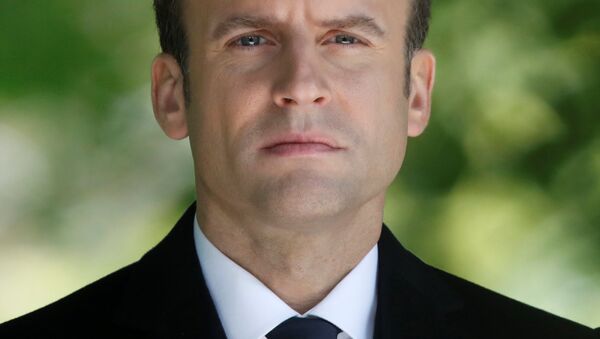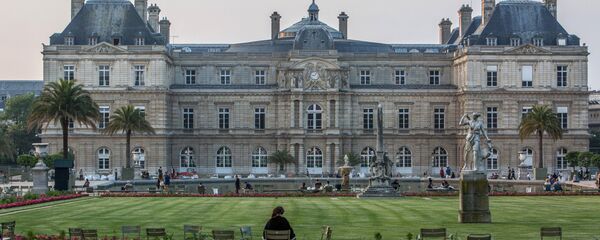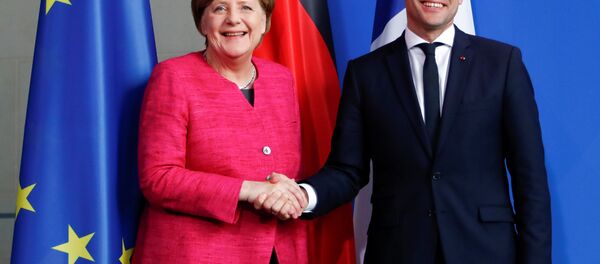He then soundly defeated the Front National's Marine Le Pen and became the first president in an age to have been elected without having held any previous political elected position. Now he is set to set out his store for his vision of Europe.

Macron is a Europhile, whose election was warmly welcomed in Brussels and Berlin. In a sign of the importance he places on the Paris-Berlin axis, Macron traveled to Berlin to meet Merkel in the first foreign visit since his inauguration, May 14.
'Crisis Proof'
Merkel and Macron pledged to "crisis-proof" the EU and bring about a "historic reconstruction" of Europe to battle populism sweeping the continent.
"Our relationship needs even more confidence and concrete results. I will be an open, direct and constructive partner," Macron said.
He is putting himself on a collision course, however, with some European states, because he is in favor of creating a new European Security Council to bring together military, diplomatic and intelligence leadership within of the member states and the establishment of a permanent headquarters for control over European security, which could be seen is rivaling NATO.
Macron is also arguing for a more centralist EU, giving the eurozone its own budget, finance minister and its own parliament, for which he may gain German support. However, while he backs further integration in general, Germany wants a broad, expansionist EU.
Macron, thus begins his tour of EU member states having won a significant victory and largely winning plaudits across Europe. His views — which are broadly in line with Germany's — will set the tone for the coming years, amid all the divisions that are well known within the EU.




